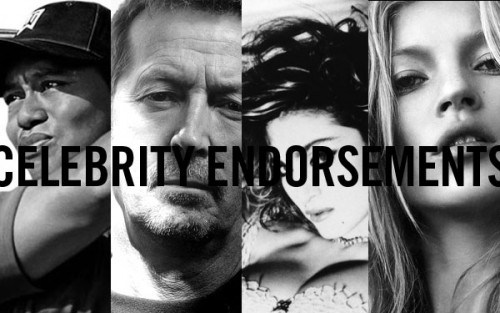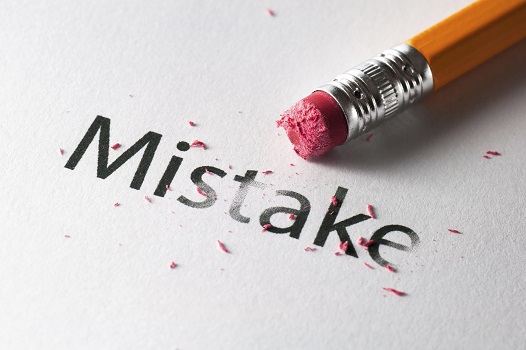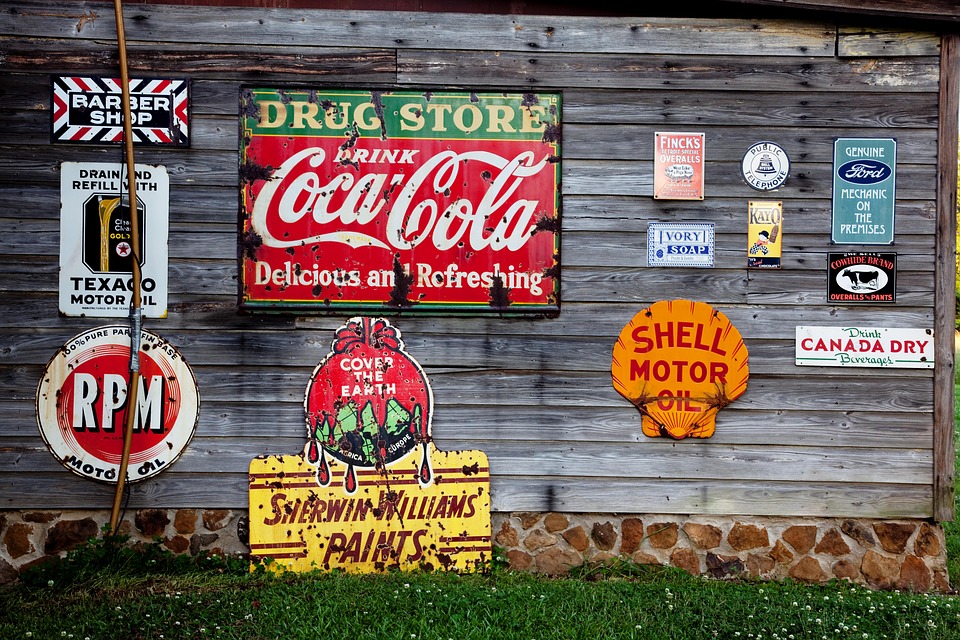Most people know about celebrity endorsements, but the concept of celebrity licensing is something that many brands forget to consider. While each of them have proven to be successful in different campaigns, its important to take a look at both of them to see which one is ultimately the best fit for your brand.
Celebrity Endorsements
By definition, celebrity endorsements consist of celebrity star power being used to create an interest in and awareness of a particular product or service. This method of marketing has proven to be extremely successful.
Celebrity endorsements are widely used throughout the world and for everything imaginable. For example, Lisa Rinna, an American television actress known for roles on “Days of Our Lives,” and “Melrose Place,” wore Depends Adult Diapers while appearing on the Red Carpet to bring product awareness and to empower women.
Advantages:
- * Endorsements help build brand equity
- * Help consumers recall a particular product or service
- * Make people believe that the product or service contributes to the stardom of the celebrity in some way
- * Help advertising initiatives stand out from the competition.
Disadvantages:
- * There is always a risk of something negative happening in the personal life of the celebrity. A perfect example is Lance Armstrong, who for years provided celebrity endorsement to many different products and services. However, after the doping scandal, not only did he lose all the endorsements, companies were left to deal with a lot of cleanup for the sake of their image.
- * Brands can also be overshadowed by celebrities. In other words, if marketing is not handled correctly, star power becomes the focal point instead of the endorsed product or service. In addition, sometimes a celebrity is overexposed. If one celebrity endorses a multitude of products, the celebrity’s credibility begins to suffer, which can have a negative impact on the company.
Celebrity Licensing
Celebrity licensing, which has become extremely lucrative, involves marketing but in a different way. Whether to help position a new product within a market niche or expand notoriety of an existing product, this is a very powerful tool. Unlike celebrity endorsements, whereby a living celebrity endorses a specific product or service, celebrity licensing involves both living and deceased celebrities.
With celebrity licensing, a legally protected entity is leased. This can be a number of different things, such as:
- -Character
- -Graphic Design
- -Likeness
- -Logo
- -Name
- -Signature
- -Slogan
- -Trademark
- -Combination of several entities
With an endorsement, a celebrity backs or promotes a company’s product or service. With celebrity licensing, the product or service is portrayed as being the celebrity’s, even though it is actually a business license for the company or organization. In other words, to consumers, it appears as if the products or services belong to the celebrity, when in reality, only that person’s star power is being used.
Keep in mind that with celebrity licensing, it is common for a celebrity to take on some type of leadership role and often be a part of the team’s decision-making process regarding design. Just as with endorsements, there are positive and negative aspects of celebrity licensing. However, because the two types of marketing are unique, there are slight differences.
Advantages:
- * Helps a targeted audience tap into a new market.
- * It also works by personalizing a brand and building trust and credibility.
Disadvantages:
- * The brand being overshadowed by star power
- * Celebrity’s personal behavior or actions.
Making Comparisons
When it comes to celebrity recognition used in marketing campaigns, celebrity endorsement is one of the most traditional approaches. Typically, endorsements consist of a celebrity’s name or likeness being associated with a television or print campaign. Although the celebrity may not use the product or service on a regular basis, at minimal this individual should have a sound understanding of the brand.
Celebrity licensing involves many different industries, although apparel is by far the most common. In this case, all aspects of an existing business license, such as name, rights, and image, are portrayed as being that of the celebrity’s own line. In most cases, existing designs, manufacturers, and distributors are already in place, so all the celebrity has to do is grant approval.
Summing It Up
Celebrity endorsements and celebrity licensing are marketing strategies that have been proven to be highly successful. The “celebrity” may be a television actor, movie star, famous music artist, professional sports athlete, cartoon character, or former politician. While superstars can serve in any one of these roles, for campaigns to be successful, this is not mandatory. In fact, for some brands, an up-and-coming star is better able to reach the targeted audience.
There is a number of deciding factors when choosing a celebrity for endorsement or licensing purposes. This includes the company, the brand itself, the product or service, the demographics of the market niche, and much more. Even the level of involvement by the celebrity will vary accordingly.
As mentioned, in some instances the celebrity is required to wear a specific brand of clothing, shoes, makeup, hair color, or cologne or use a particular type of golf clubs or other product. In addition, a celebrity might take a leading role by making public appearances, commercials, and other announcements or simply become the brand’s image through physical appearance and behavior.
For virtually all mediums, including television, print, film, radio, and more, celebrity marketing is one of the most effective methods used for reaching a greater number of consumers and selling more products or services. However, for celebrity endorsements, celebrity licensing, and services of a brand ambassador to be successful, the right celebrity has to be matched with the right product/service.
Images via:
https://jennaretto.blogspot.com/






